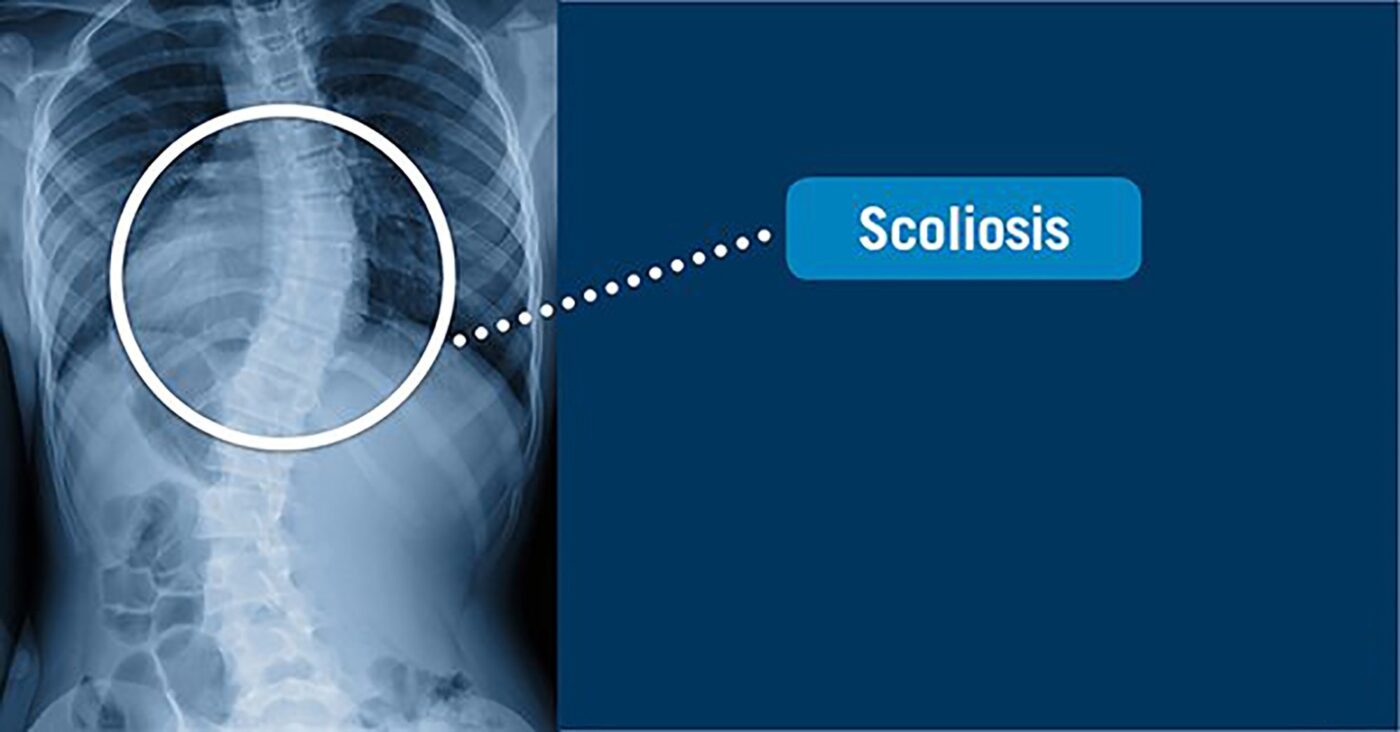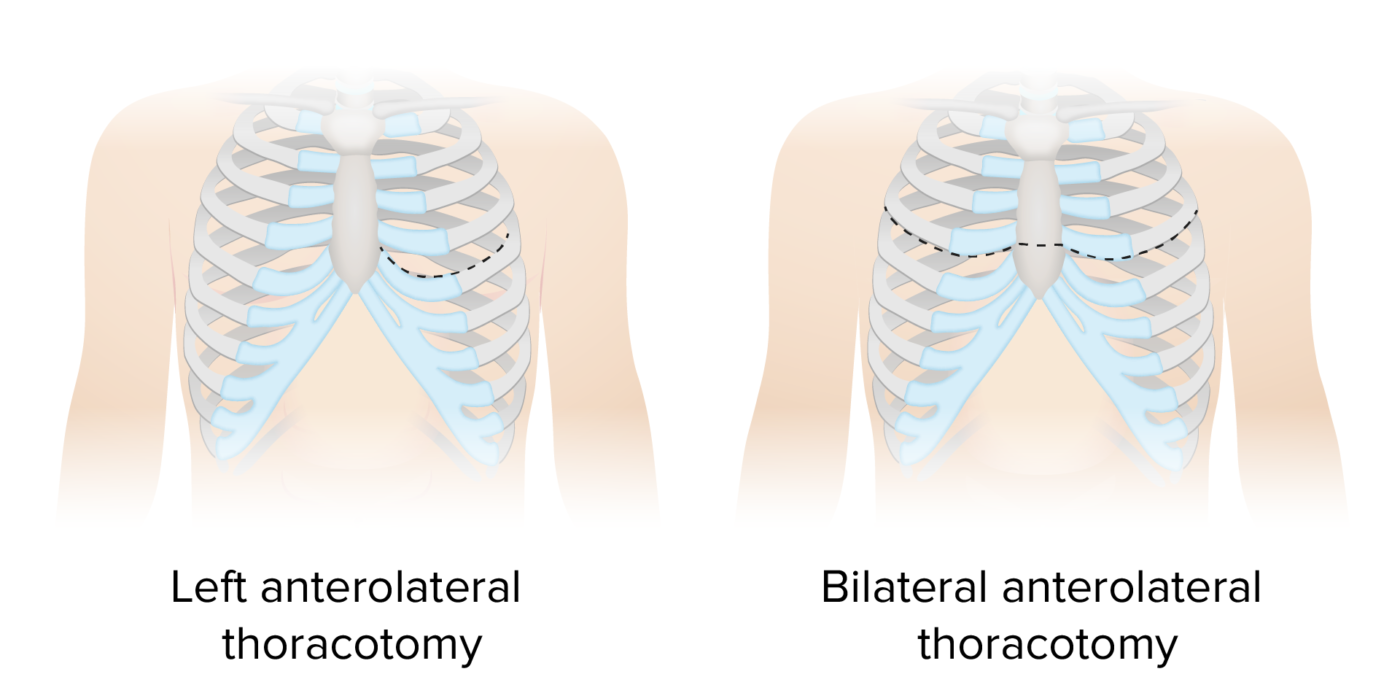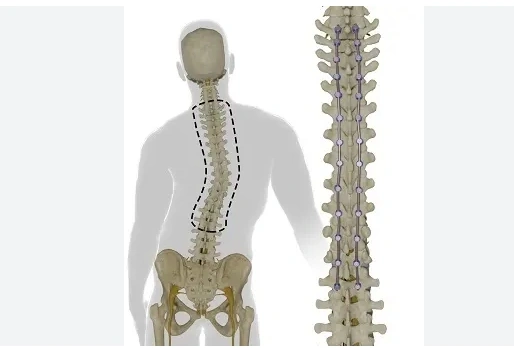Scoliosis surgery has evolved significantly, with advancements enhancing traditional methods and introducing minimally invasive techniques. This overview explores various types of scoliosis surgery, their advantages, and the innovative scoliosis screening products from Forethought.

Common 側湾症手術 Types
Spinal Fusion Surgery
Spinal fusion surgery is a well-established method for treating scoliosis. It involves fusing vertebrae using bone grafts, which may be sourced from the patient’s body or protein substitutes. The healing process typically spans about three months, and smoking cessation is critical for optimal recovery.
- Source: National Institutes of Health

骨切り術
Osteotomy involves cutting and removing affected bones to correct scoliotic curves. This procedure can be performed via anterior or posterior approaches and is suitable for rigid curves in adults, large curves in children, or following prior fusion surgeries.
Video-Assisted Thoracoscopic Surgery (VATS)
VATS is a minimally invasive procedure for thoracic spinal curvature, requiring small chest incisions and the deflation of one lung. It uses cameras and scopes to guide the surgery, resulting in smaller scars and quicker recovery.
- Source: メイヨークリニック
Thoracoplasty
Thoracoplasty aims to reduce rib hump prominence by partially removing ribs. It is often combined with other corrective surgeries and may require chest tubes post-operation.

- Source: クリーブランド・クリニック
Hemivertebrae Excision
Hemivertebrae excision addresses wedge-shaped vertebral bodies causing kyphosis or scoliosis. This surgery often involves an anterior-posterior or posterior approach and may require implanting rods and screws, with braces worn afterward.
- Source: 脊椎の健康
Minimally Invasive Surgery
Modern minimally invasive techniques, such as endoscopic-assisted and percutaneous endoscopic surgery, offer reduced surgical trauma, shorter recovery times, and fewer complications. These methods use smaller incisions and advanced tools to enhance precision.
- Source: 脊椎疾患ジャーナル
Advantages of Minimally Invasive Surgery
Reduced Trauma
Minimally invasive surgery involves smaller incisions, which reduces trauma and bleeding, leading to a quicker recovery.
- Source: 整形外科レビュー
Increased Precision
High-tech tools and microscopy used in minimally invasive surgery allow for more accurate operations, reducing risks and improving outcomes.
Faster Recovery
Due to smaller incisions, patients generally experience a faster return to normal activities, minimizing postoperative inconvenience.
- Source: スパインジャーナル
Limitations
While minimally invasive surgery has many benefits, it may not be suitable for all patients. Some complex cases may require traditional open surgery.
- Source: 臨床整形外科学および関連研究
Forethought’s Scoliosis Screening Instruments
Forethought offers advanced scoliosis screening products that combine cutting-edge imaging technology with intelligent analysis algorithms to provide accurate assessments of spinal health.
放射線治療なし 成人および若年性脊柱側湾症の診断
脊髄コブ角の測定
インテリジェントな脊柱側湾症スクリーニング診断と脊椎評価
脊柱側湾症の検査結果が10秒でわかる
Forethought Medicalは、放射線を使用しない革新的な画像技術で脊柱側湾症診断に革命をもたらしています。当社の最先端ソリューションは、正確でリアルタイムの洞察を提供し、医療従事者が十分な情報を得た上で決断を下せるようにすることで、患者の予後を改善します。数多くの特許を取得し、業界賞を受賞している当社は、世界中の医療従事者に安全で効率的、かつ信頼性の高い診断ツールをお届けすることに尽力しています。

技術的優位性
革新的なスマート・ライト・センシング・テクノロジー
メムスセンサーによる微小角速度変化の動的キャプチャ
正確な地形スキャン技術
最適な地形データを収集するために、オペレータの速度に応じて異なるバック
● 正確な地形スキャン技術
補完的かつ最適な組み合わせ処理のためのマルチレベル、マルチスペース情報
Technological Principles
Forethought’s products utilize X-ray imaging and computer-aided diagnostics to deliver comprehensive three-dimensional scans, offering detailed measurements of spinal curvature and torsion.
- Source: 先見の明
User Experience and Clinical Application
The products are designed for ease of use, allowing quick access to imaging data and analysis results. They have been refined through clinical feedback and are widely recognized in medical practice.
Source: 臨床整形外科学および関連研究

